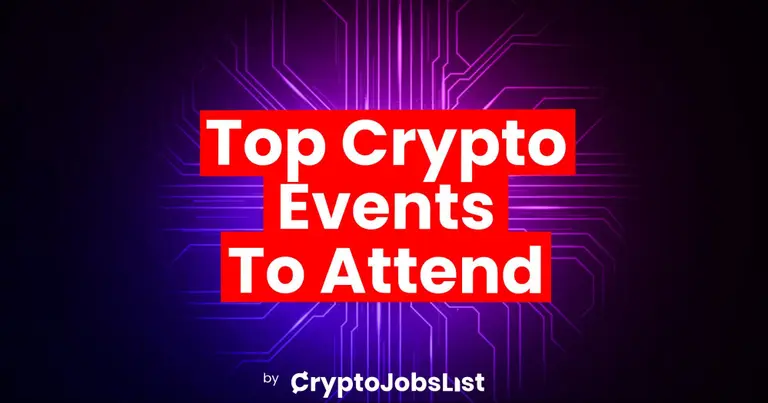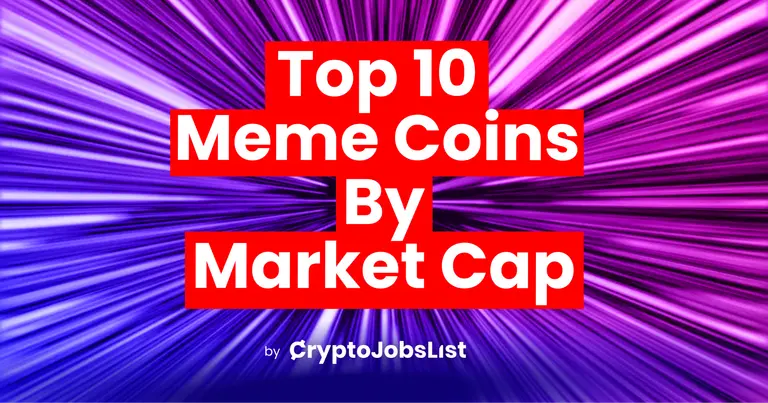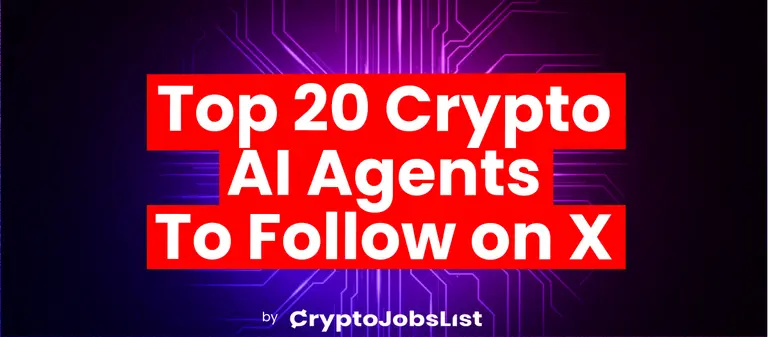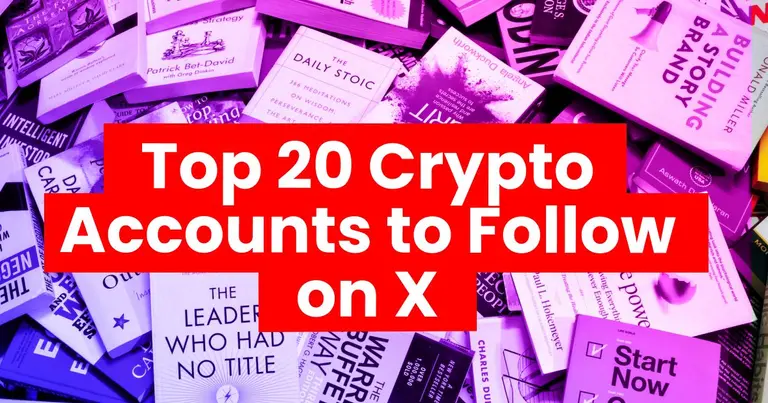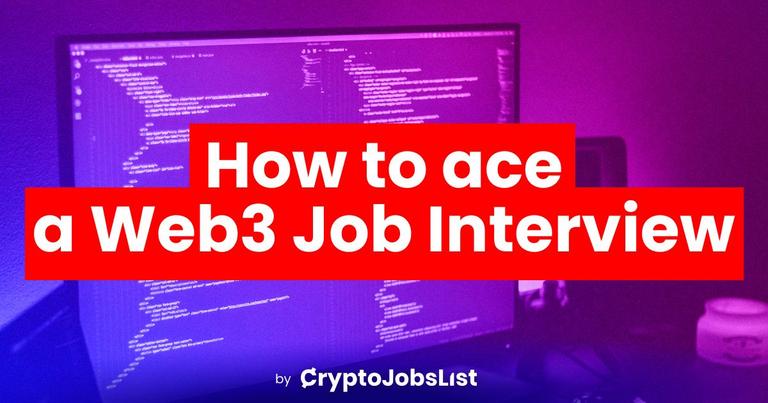Here’s a simple guide to researching a blockchain startup before you join one.
When you are looking for a job in crypto, you’ll probably be asking yourself:
❗ How do I know if the startup is not a scam?
❗ Will I get along with the team?
❗ Can they survive this bear market?
❗ Do I understand and like their business model
❗ How to make sure I'll get along with these people?
❗ Are they currently successful? will they be successful and grow?
Finding as much information as possible on the following areas will help you to find answers to these questions.
- Technology and Business case of the startup
- Products and Services, Investors
- Team and Stage they are in
- Community and Partnerships
Let’s find out how to research these topics.
1. Read the website & whitepaper
Generally, web3 startups have a whitepaper explaining the technology and business case for it.
If the whitepaper doesn’t make sense, or worse, doesn’t exist, then tread carefully.
🚩 Red flag: If tokenomics is involved, most startups will have a narrative of their tokenomics on their website/whitepaper. It’s a red flag if you can’t find that information on either the website or the whitepaper.
Helpful insight: Do your due diligence.
Investors do it before investing capital. Your capital is your time. Identify the potential value a startup can create in exchange for your valuable time. Some startups give shares or tokens to the team.
Due Diligence tip: Check the name of the startup against the government registry where the startup claims its Head Quarters to be. These are some helpful links that can verify of a startup is a registered entity or not.
- Find info about startups from anywhere in the world: Name Scan, KYC Lookup
- Startups registered in the UK: Companies House
- Startups registered in Singapore: The Accounting and Corporate Regulatory Authority (ACRA)
- Startups registered in Canada: Canada's Business Registries

2. Check Crunchbase and find more information about the startup's products and services, investors and partners.
Check startups' profiles on Product Hunt, LinkedIn, Twitter or web3 listings from Safaryclub and Smoothie.
🚩Red flags:
- Job listings don’t have a clear description of the startup.
- The startup is not solving a specific problem faced by real people.
- If the startup has had no track of funding sources for the last 24 months or If you can’t find information about the funding sources of the startup at all. Whether it is bootstrapped, seed, preseed etc.
Helpful insight: Startups being listed on exchanges is usually a good sign. But be cautious about the information provided on the listings too. You have to do more research to verify this information.
Analyse the stage of the startup while you are at it. Find out if the startup is in;
- Early stage with only a solo founder/founding team
- The seed stage with investment
- The scaling stage with a good management team
This information coupled with info on the startup’s Investors/funding sources, the business case can answer your questions about if they are successful or have the potential to grow.

3. Analyse Crunchbase, LinkedIn, and GitHub profiles of the tech & admin team of the startup.
Find info on their previous experience, education and network to gauge their reputation and culture.
If the team comes from diverse backgrounds (Dev, sales, legal, etc.) that's a sign of a strong team.
🚩Red flags:
If there is little to no info about the team behind the startup.
Helpful insight: The actions of the founding team will be the most significant determinants of the success of a startup. Their previous work demonstrates their high energy, high intelligence, & high integrity. The founding team sets the culture of the company. A diverse and versatile founding team can add value to your journey with the startup.
This info can answer your questions about their culture and whether you can fit into the company.

4. Check the Social Media of the startup.
Even though this sounds like general advice anyone could have given to you, there are few things to keep in mind while you do this.
Check their Twitter page and see how many followers they have and which brands or exchanges or other crypto startups are following them.
Spend some time on Reddit, YouTube, Telegram, Discord & Twitter to see what other people are saying about the startup.
🚩Red flags:
- If the startup is doing excessive marketing but is not backed by any investors or any other funding sources when you checked on Crunchbase or any other listing.
- If the community around the startup is mainly composed of bots and there is no unique engagement.
Helpful insight: If there are many points of view on the startup from across the internet, and several devoted voices willing to defend it, this is a good signal.

5. Ask questions on Quora, Twitter, Discord & Reddit.
Web3 is community driven. If you can't find any information about the startup elsewhere, share the link to the startup website or socials and ask the web3 community to verify.
You can do this anywhere on Twitter, Reddit, Discord or Quora where web3 communities exist.
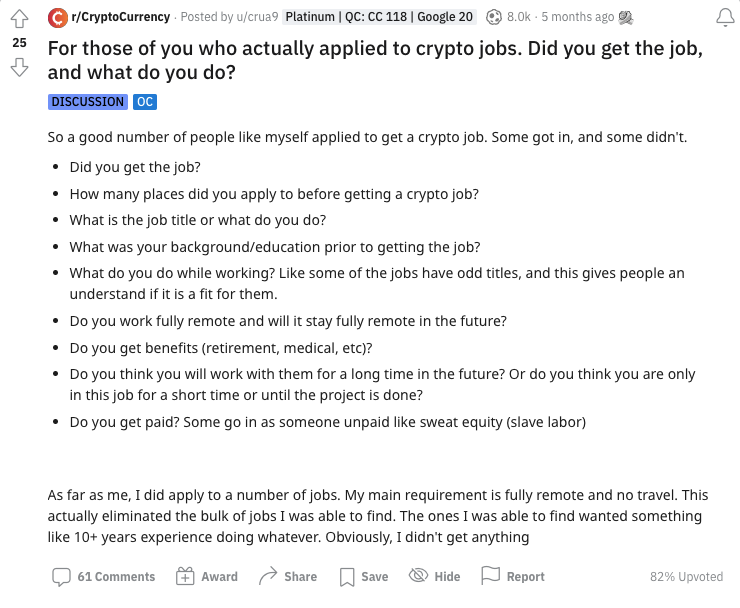
Wrapping up
Now that you’ve read this post, you know exactly how to research a blockchain startup before you join. Keep a look out for the red flags and helpful insights when you are researching.
Ready to make use of that research and join a crypto startup? Browse for Crypto jobs on our job board.
Subscribe to our newsletter to stay tuned!




